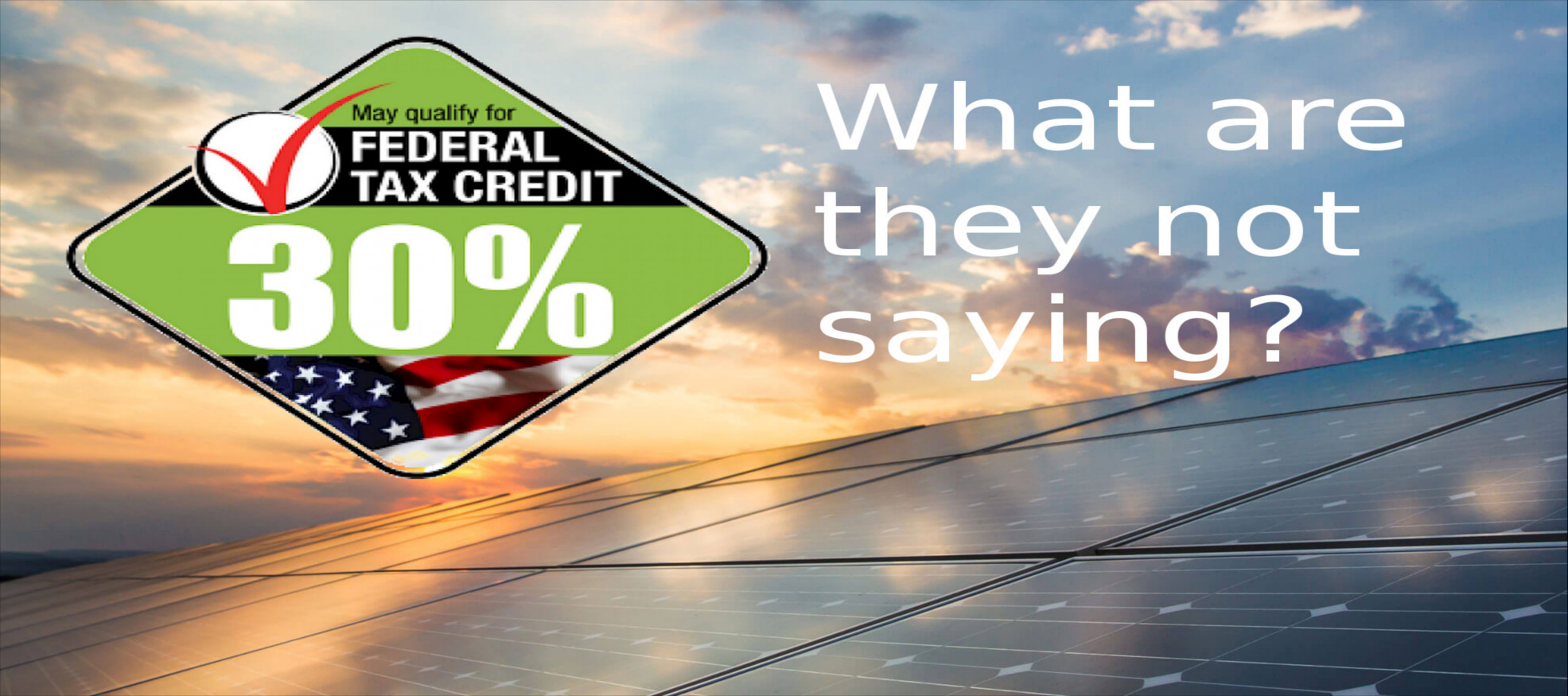Crew SWFLsolar Solar Tax Credit


Hey Clifford, do you know any Dapps that are being created on a blockchain platform that will concentrate on Environmental Improvements like Solar panels and renewable energy, with a token?